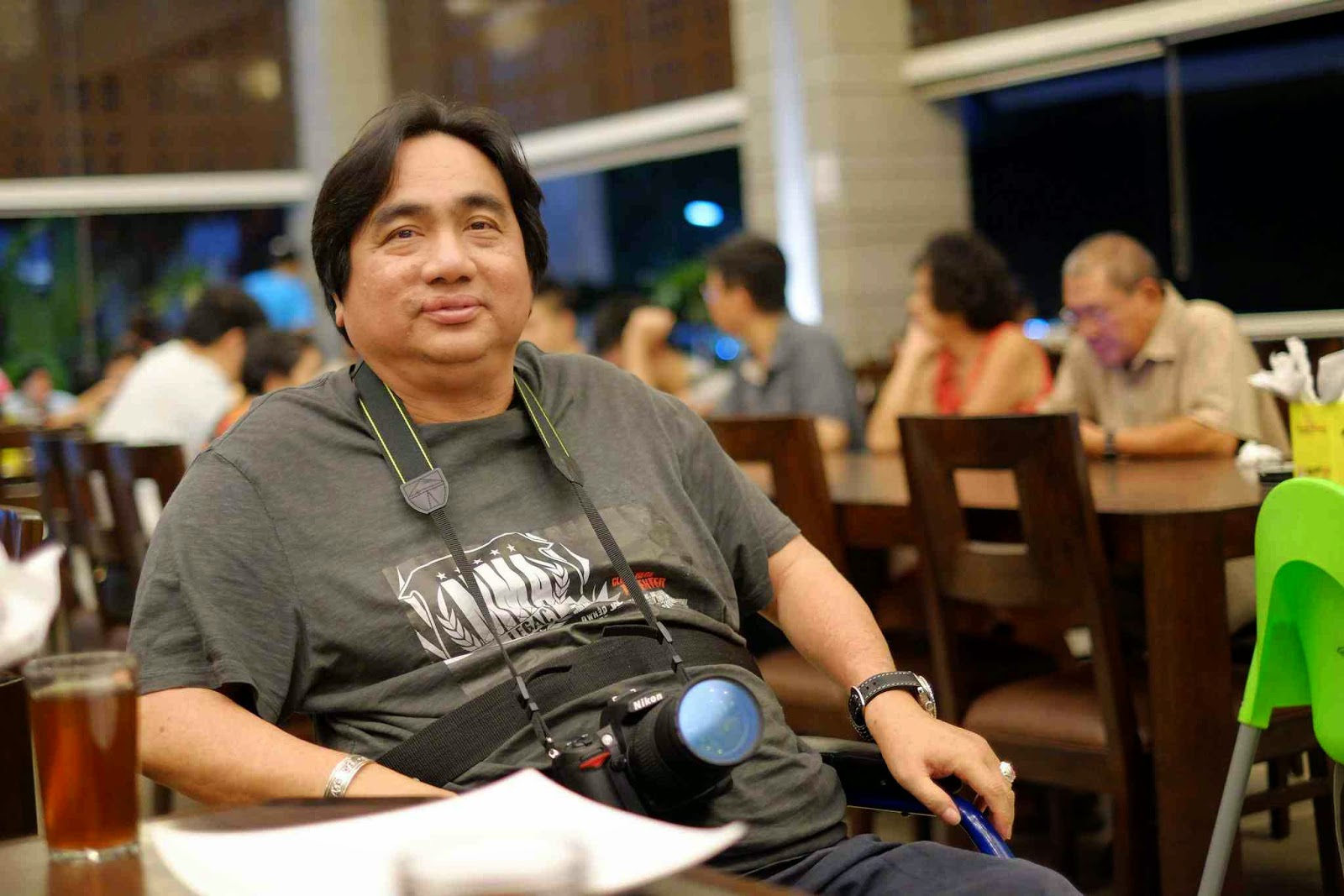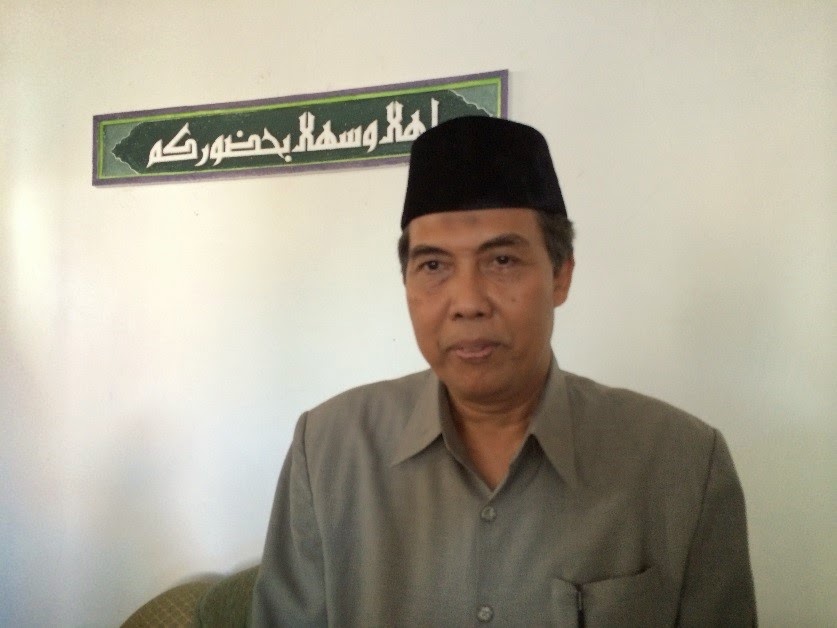By Devi Asmarani
BANDA ACEH, Indonesia, 26 December 2014 - Thousands of people gathered in Aceh today in a solemn and moving ceremony to remember the Indian Ocean tsunami that devastated much of Indonesia’s westernmost province 10 years ago today.
Many survivors as
well as local and foreign dignitaries attending the ceremony at the Blang Padang
public park in the provincial capital of Banda Aceh burst into tears as they listened
to poems and songs that were performed accompanied by photos and videos of the
disaster.
Acehnese singer
Rafly led the audience to sing along with him to a haunting folk song in the
local dialect, and prominent poet Taufik Ismail read a poem that recalled the
giant waves that swept about 170,000 people to their death.
"Thousands
of corpses were sprawled in this field,” said Vice President Jusuf Kalla at the
ceremony. “There were feelings of confusion, shock, sorrow, fear and suffering.
We prayed.”
But he
said the massive help received for Aceh immediately after the tsunami, which
left nearly half a million people displaced, helped revive the spirit of the
survivors.




































